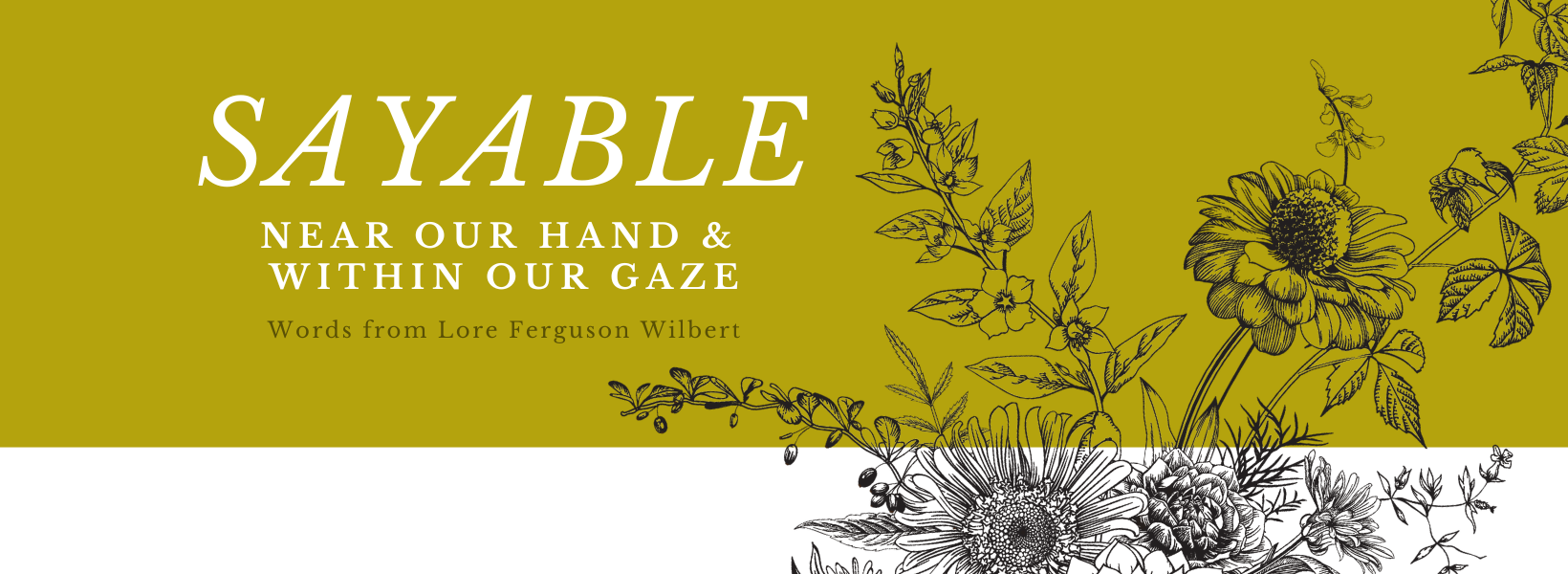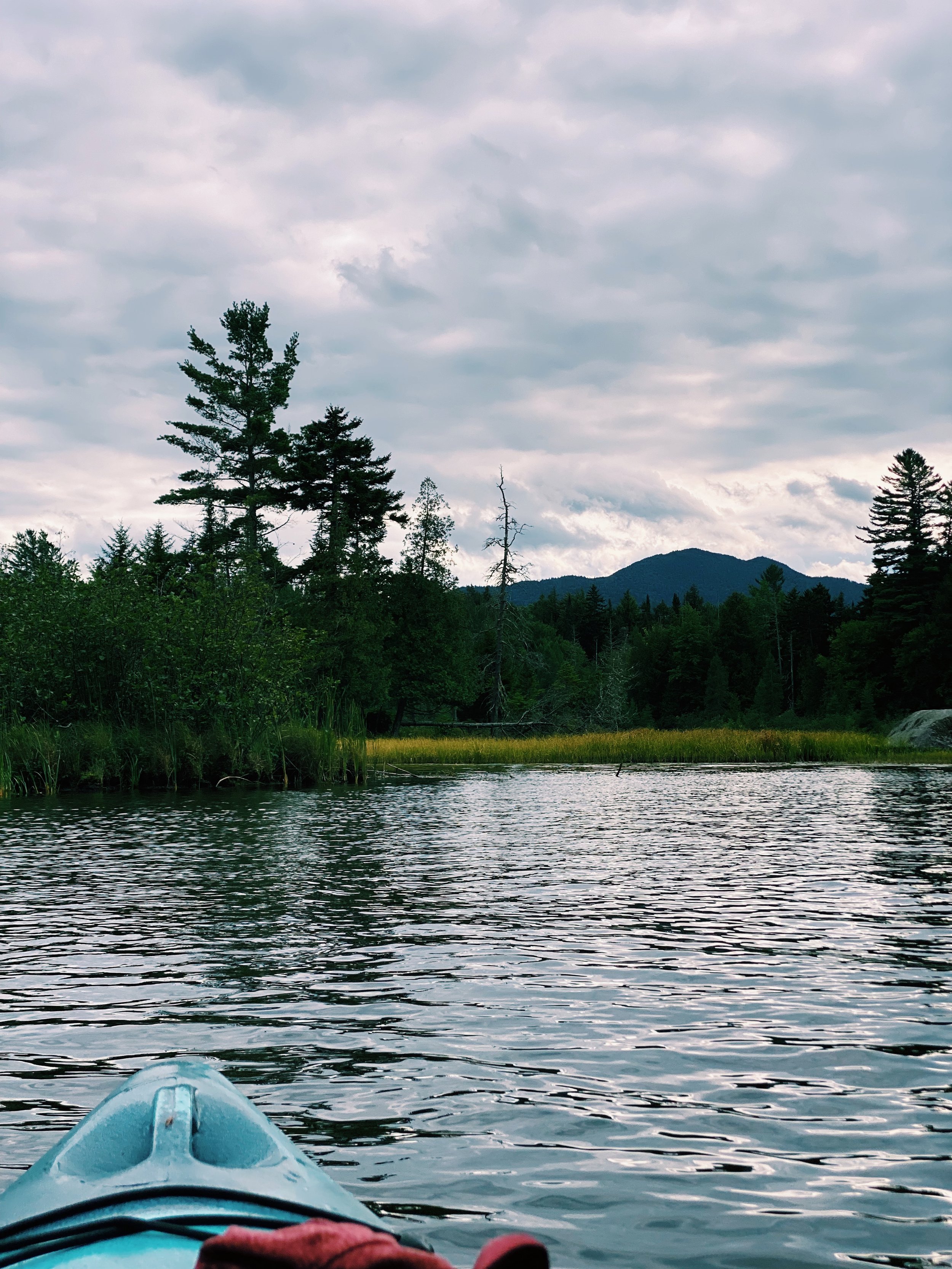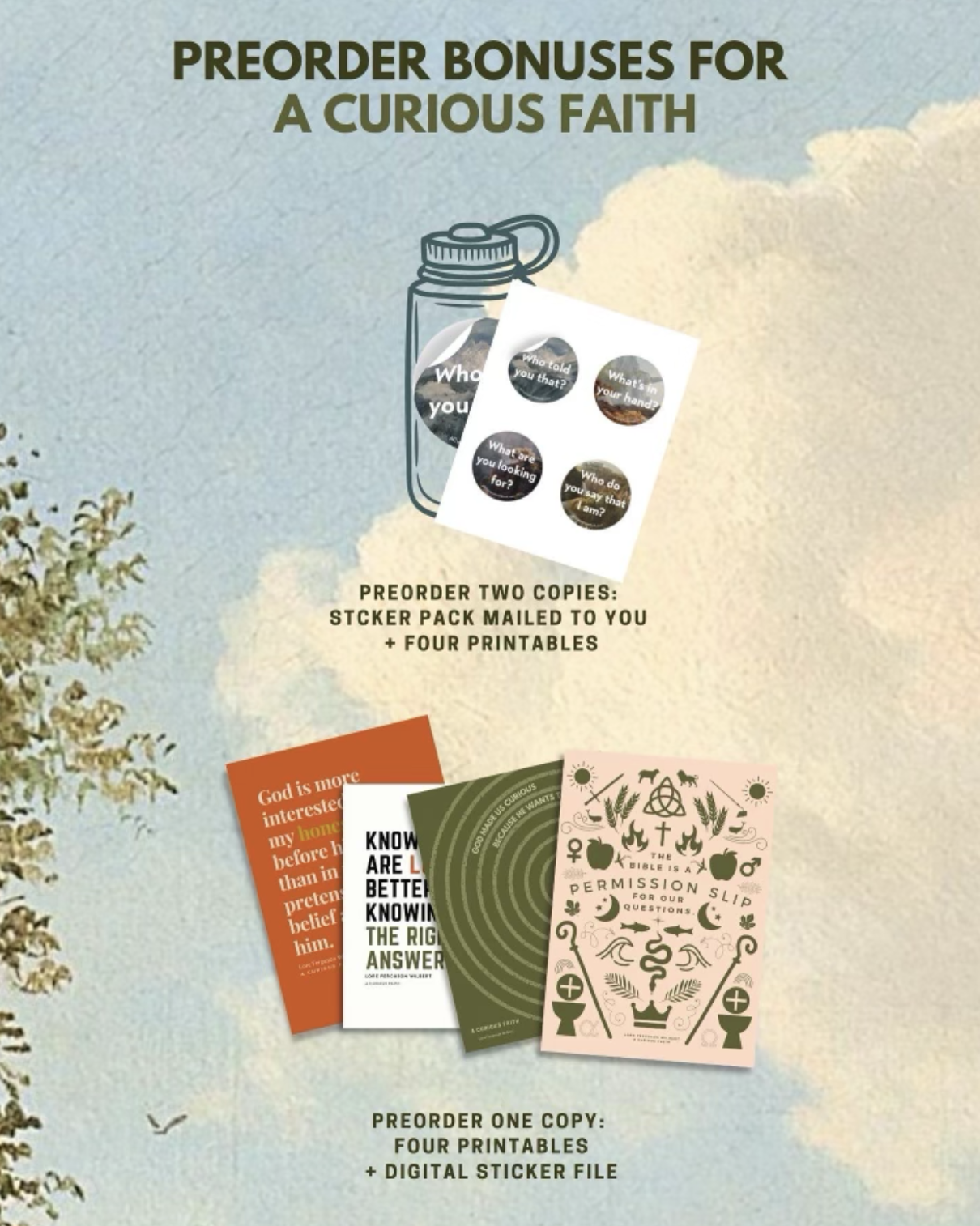Before I went to Israel in 2014, I determined I would not be one of those people whose faith was changed by going to Israel. And then, reader, I became one of those people.
The story of the lame man at the sheep gate in John 5 had never really meant much to me before, but standing there, on the edge of the pools of Bethesda in Jerusalem, something moved in me. Something became real for me. My faith became bolstered in a place.
Most of us probably don’t admit the ways that superstition plays into our faith these days. We joke about Karma or hoping good things come back to good people. We make connections between our actions and outcomes all the time. Part of that is just humanness, but part of it, I think, is hope.
We’re people of places and times and spaces, and we’re concrete and real and touchable and tangible, and all the things we do have outcomes, sometimes they’re good and sometimes they’re meh, but we keep on doing and hoping for all the things to turn out okay. That’s hope. That just plain old human hope. We plant seeds and raise kids and say yes to a second date and feed our pets good food and offers vows at the altar and give money to charity and put other money in savings accounts—that’s hope. It’s the belief that if we do these things in certain orders and ways, something good will be the outcome.
This is the lame man at the pools of Bethesda.
And this was me, two thousand years later, leaning over the edge of the pools of Bethesda.
The man is there, lame for 38 years. The lame among the lame, the blind, the deaf, the dumb, the outcasts, the ones for whom the investment did not come back good. They wait there, day after day, for the pools to fill, for the angel they envision who stirs the waters, for someone to put them into the waters, to be healed.
Our tour guide told us there is actually an artesian well feeding the pools and there is a very scientific reason why the waters rise and fall. There is no angel stirring the waters. There are no healing properties to the waters, not really, no more than there are healing properties to stepping foot on the land where Jesus once walked or spending time in the Garden of Gethsemane. It’s a superstitious hope, an action that we do with the desire it will lead to something good.
And this is where Jesus met the lame man with his misplaced hope.
I love this Jesus. I love that he doesn’t shame the man for coming day after day to this ordinary powerless place. I love that he doesn’t shame him for keeping company with other hurting people. I love that he doesn’t question the man’s malady, he doesn’t try to understand the intricacies of its nature. Jesus just asks the question: “Do you want to be made well?” (John 5:6)
As if it wasn’t painfully, painfully obvious that the man wanted more than anything just to be well, Jesus still asked the question.
Why? Why was the question important?
I think the question matters because part of our journey of faith is moving through the doubts and putting ourselves in a place where the outcome we desire is possible. Even if the place itself is powerless and even the people around us are powerless too. Wanting to be well is just as important to God as doing everything we can to be well. Wanting God to answer our questions and satisfy our curiosity is just as important as involving ourselves in the answers. There must be action to our faith, but faith always starts with hope.
Even this man, lame for 38 years, got himself to the pools. Even though the object of his faith was just ordinary water powered by ordinary means, he still laid himself down by it. Even though no one was there to put him in the water when it stirred up, he still waited. And Jesus showed up.
Do you want to be made well?
Do you want the spaces in you that are empty, hopeless, meaningless, confusing, out of place, broken, hurting—do you want Jesus to heal them?
Everything in me wants to sit with you, reader, while you answer that question, to let you linger far away from the places and people and scenes that may aid in your healing. I want you to stay as long as you want in your head, wrestling with questions and not puting into action the hope of being made well. But I can’t do that. I have to say to you: if you want to be made well, are you willing to do ten-thousand things that make you look and feel and seem foolish in order to meet Jesus in that place, to answer his question, “Do you want to be made well?” with a resounding, “Yes!”
Places don’t heal us, but they help us.
Places don’t fix us, but they remind us.
Places don’t put us back together again, but they can be a holding space for the God who does.
Maybe it’s a church sanctuary. Maybe it’s your hometown. Maybe it’s a mountain. Or a valley. Maybe it’s a NICU or a graveyard or your high school or an airplane or Israel or leaning over the rails of the ancient ruins of an artesian well. Maybe Jesus wants to meet you right there, with your faulty hopes and superstitious claims and your weak self. And maybe that’s where he’s going to answer your “Yes, I do want to be well,” with “Pick up your mat and walk.” (v. 8)
And you will.
Adapted from A Curious Faith. Preorder now.
. . .
Would you like to go to Israel with me?
Select International Tours has asked me to lead a trip with them November 24-December 4, 2023. I know that’s a bit away, but maybe the amount of time will help you save your pennies so you can come along with us.
We will have an English speaking tour guide who will keep us on schedule and lead that part of the trip, a nice bus, great hotels, the most amazing food, and eleven days together in Israel. I will lead the spiritual aspect of the tour, drawing out narratives from scripture that you find in A Curious Faith, including this chapter excerpt from above. We will spend time in Galilee, Jericho, Jerusalem, and more. We will visit historic ruins, the location of the Sermon on the Mount, historic churches and more. We will also have some time built into the schedule for contemplation and personal reflection at various sites.
I’m really excited about this trip for a lot of reasons and really grateful to be asked, especially as a Protestant! SIT has historically structured their tours with leaders from the Roman Catholic tradition, but they are trying to branch out and I am delighted to be a new shoot on that branch.
I never thought I’d be someone who said being in Israel changed my life, but I am and it did. I hope you can come along with us and chance a place changing your life too.
Who is it for? Men and women, 18+, able to walk a good amount each day.
For the complete itinerary and trip details, as well as to register, click here or on the image below.




































